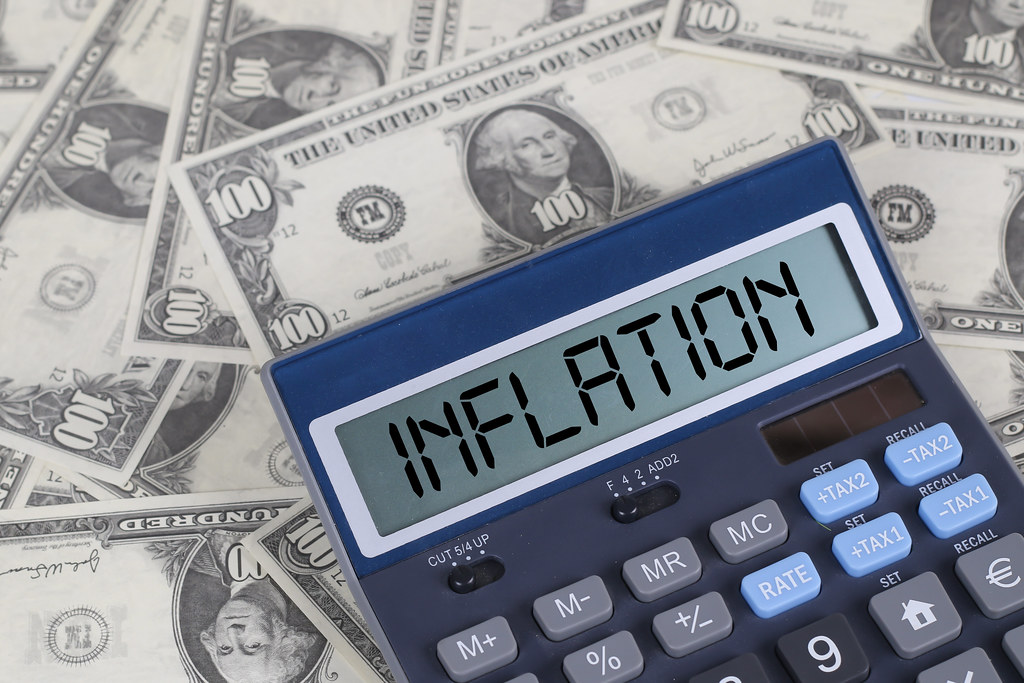Even before the war in Ukraine, the availability of food for most Africans was seriously dwindling. This was a consequence of Covid, prolonged droughts in many regions of the continent and an inflationary process which, accompanied by frequent devaluations of national currencies, seriously aggravated the access to food of a growing portion of Africans. Then came the war to prevent the export of grain from Russia and Ukraine, which until now were the largest grain exporters on the African continent. A few weeks ago, the whole planet was very concerned about the tragic consequences of all this. This common concern led, after protracted negotiations, to the Istanbul Agreement, which reopened the prospects for exporting grain from the Black Sea.
Since then, the problem of hunger in Africa has disappeared from the news, as if everything had been resolved by reopening the port of Odessa. However, the exports not only suffer from quantitative restrictions due to the war, but are also subject to strict controls, as a result of which the ships are held in port for about fifteen days.
Moreover, the agreement itself expires at the end of the month and has not yet been renewed. Meanwhile, grain prices fell, and as a result, only 26% of wheat exports from the Black Sea reached countries that did not have enough resources to buy it. It is clear that African countries are the last to be served and not in sufficient quantities and at reasonable prices.
Added to this, increasingly acute, is the shortage of fertilizer supplies, which are crucially produced by Russia and Ukraine. Once war broke out, their prices doubled across East Africa, and as the sowing season progressed, the prospects for a further decline in agricultural production became clearer, with intensity particularly in Ethiopia, Kenya and Somalia where, fertilizer shortages added to increased costs.
In Ethiopia, just to give a general example, food prices increased by 54% (five times the world average) and grain prices by up to 70%. If all this were not enough, the market turmoil has spread to rice, another staple food for African countries. Not only did the price lists inflate, but to prevent shortages in the future, large producing countries, starting with India, placed restrictions and imposed additional duties on exports.
Finally, as always happens in these turmoil, the big traders gained increasing market power and sent products where resources were available, increasing their profits and marginalizing areas with less purchasing power. To fully understand the consequences of these events, it is enough to remember that food inflation affects the poorest groups with particular violence.
Indeed, in low-income countries, two-thirds of the family’s resources are spent on food products, while in more developed countries, the proportion devoted to the purchase of food does not reach a quarter of the family’s income.
Although it is certainly not easy to summarize the final results of these dramatic events in numerical terms, it is worth noting that the war in Ukraine, according to data from the United Nations Development Program (UNDP), created 71 million new poor people in one. The historical stage in which the Covid virus, inflation and the consequences of climate change have already exhausted the resources of low-income countries.
Despite the deterioration of food balances caused directly or indirectly by the continuation of the war, the increasing negative effects on the poorest countries have gradually disappeared from the agenda of the major media and political decision-makers.
Last September, there was a working meeting in Paris, which was devoted specifically to how to ensure access to grain and fertilizers by African countries. A meeting attended by the European Commission, the African Commission, various United Nations bodies, the World Bank and the International Monetary Fund. Concrete proposals emerged on how to intervene to ease market tensions, to support the production and trade of fertilizers and to ease the tensions we mentioned.
However, this correct analysis was not followed by any mobilization of governments and international organizations themselves. Inflation and war completely monopolize the attention of decision-makers around the world, while Africa stagnates soundlessly. We haven’t seen all this, it seems almost non-existent and nobody says it, except for volunteers who in Ethiopia, Uganda, Tanzania and South Sudan see children dying of malnutrition, while the prices of bread, medicine and fuel rise to unattainable levels.
It becomes clear once again that the war in Ukraine is really a “part” of a real world war, which is causing widespread and catastrophic consequences throughout the planet. All that remains is to hope that once the Congress of the Communist Party of China and the upcoming US provisional elections are over, the United States and China will finally begin to dialogue and urgently agree on solutions capable of ending this great tragedy.
© Reproduction reserved

“Prone to fits of apathy. Introvert. Award-winning internet evangelist. Extreme beer expert.”



